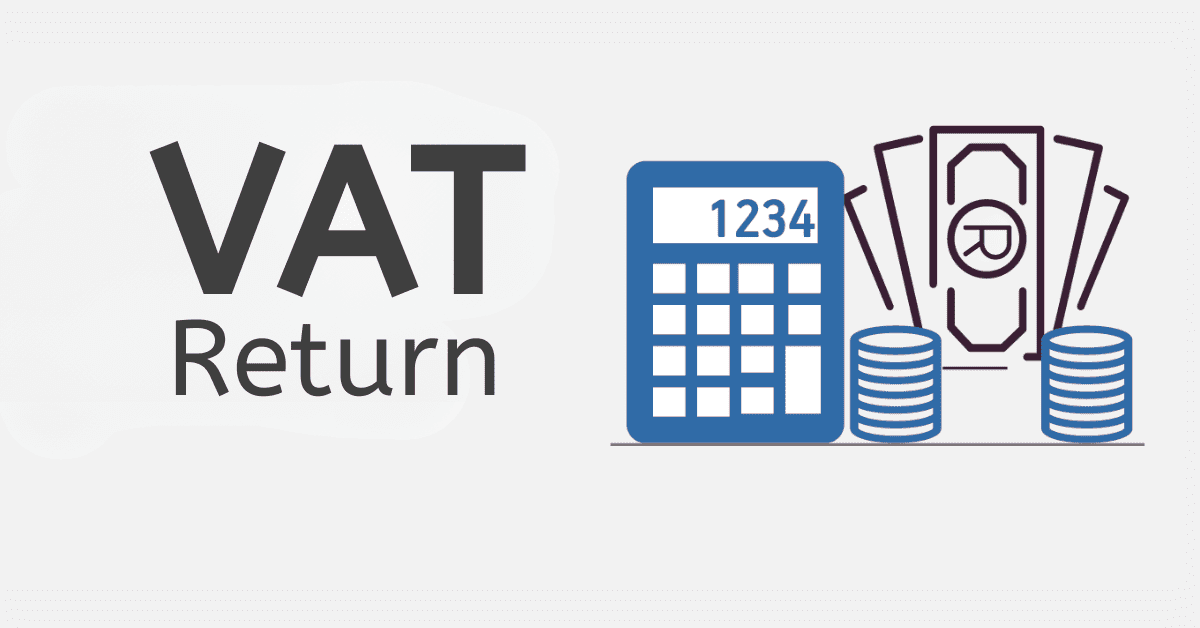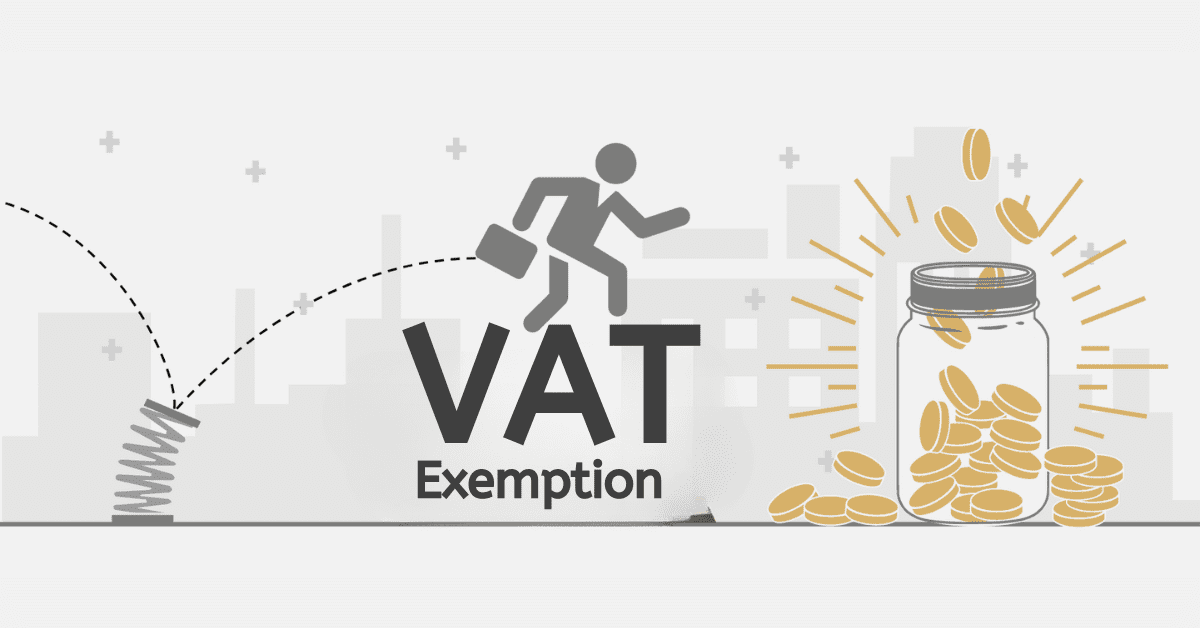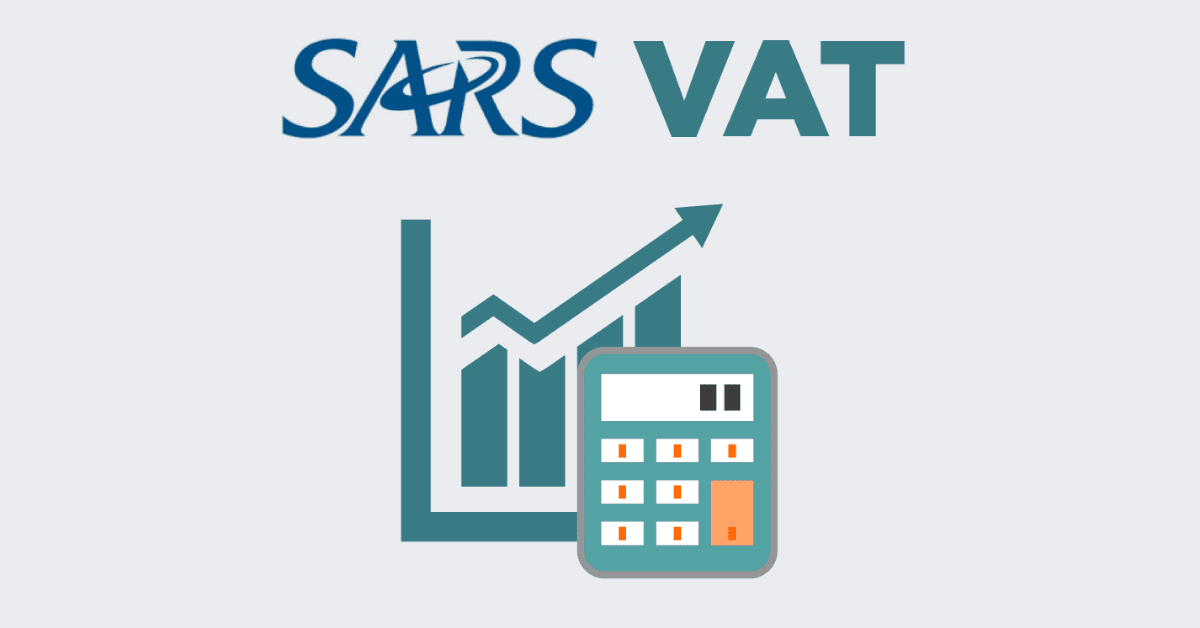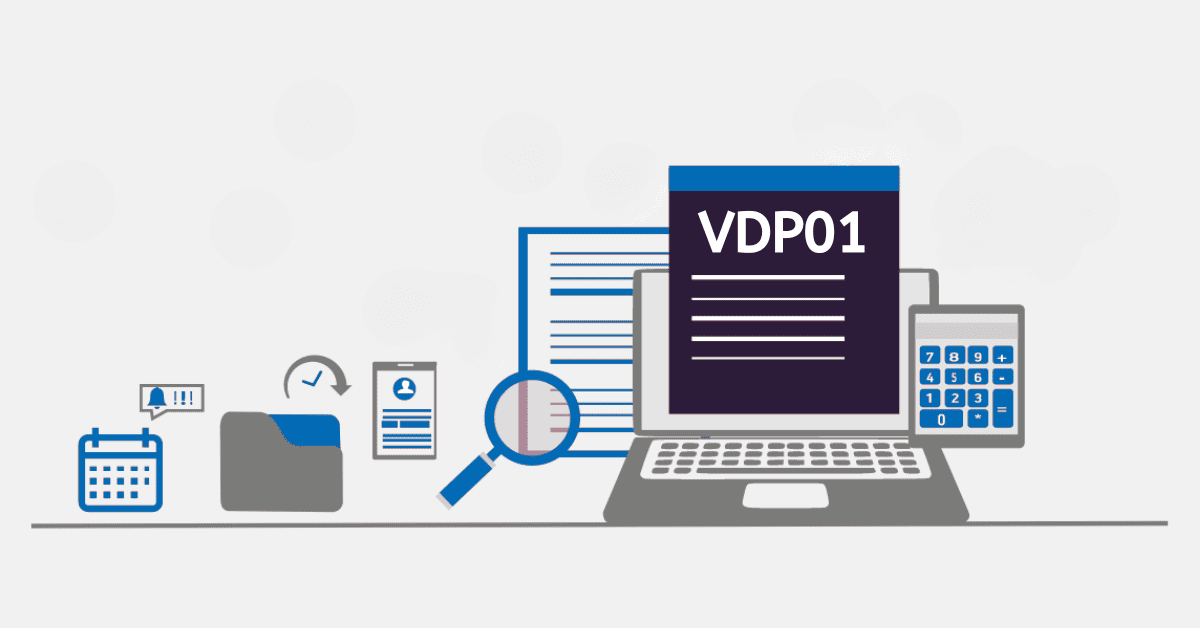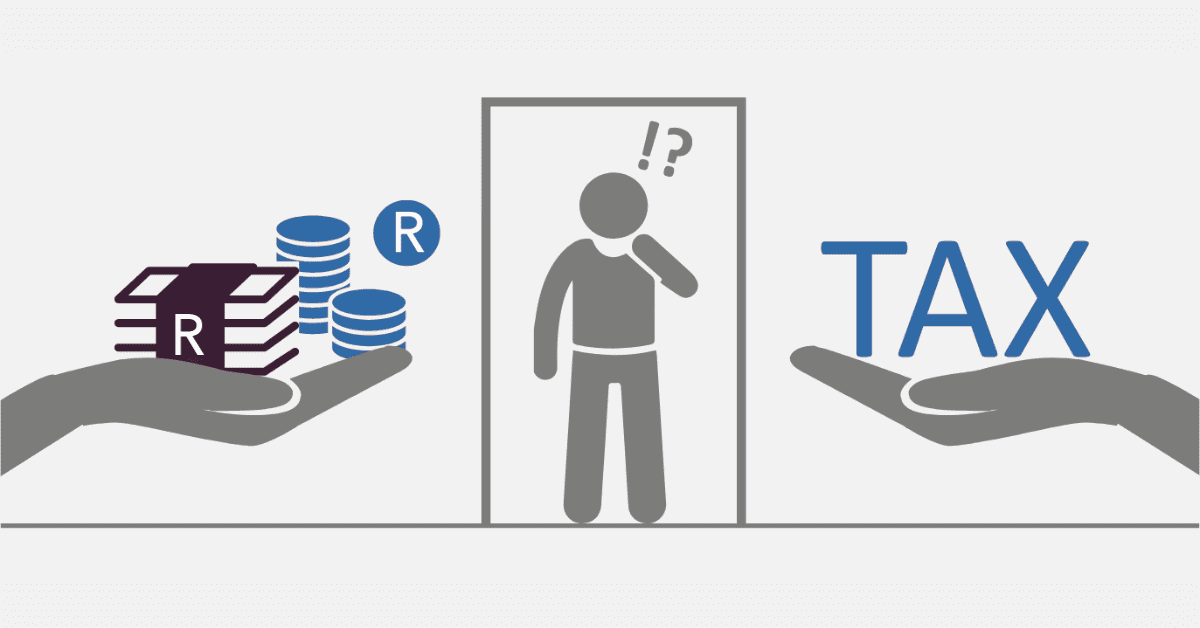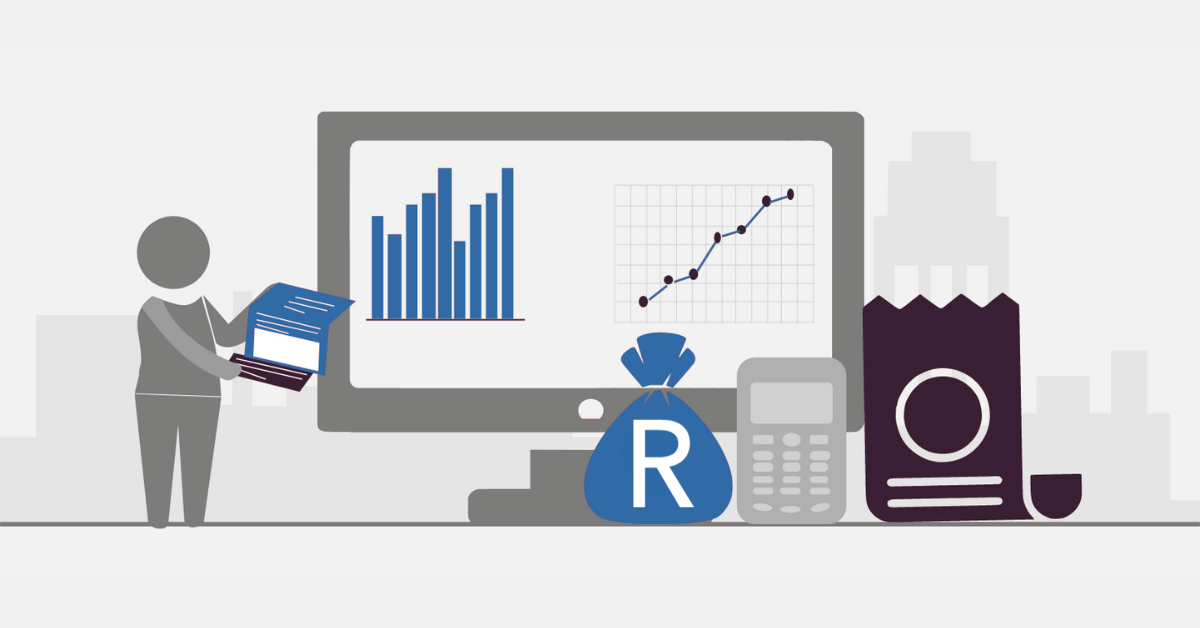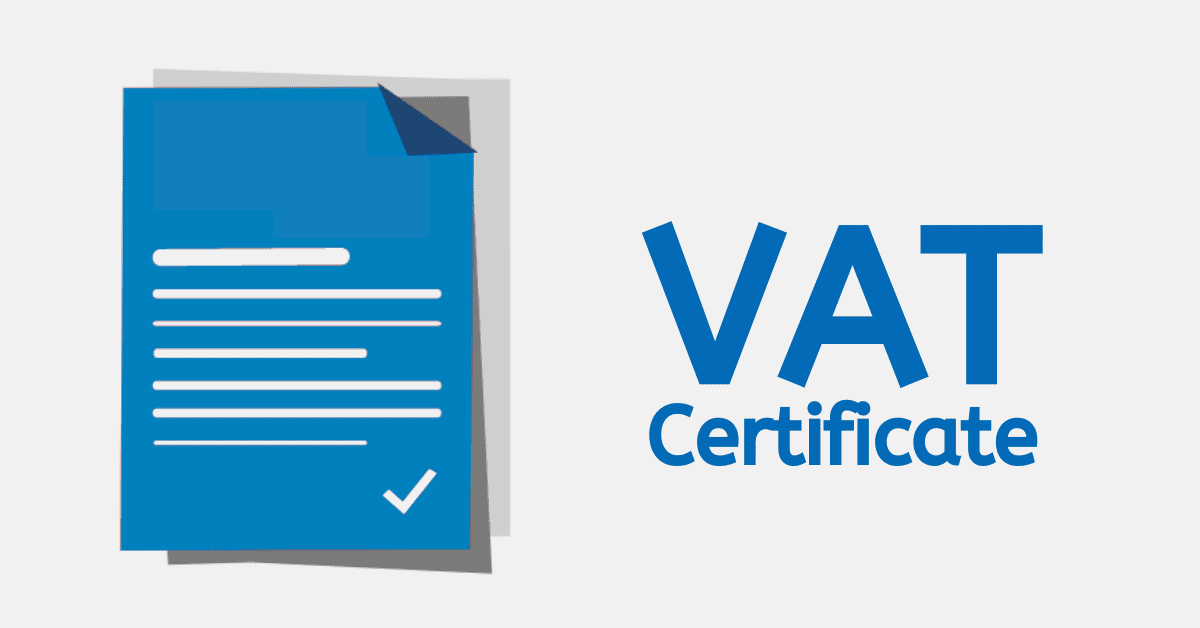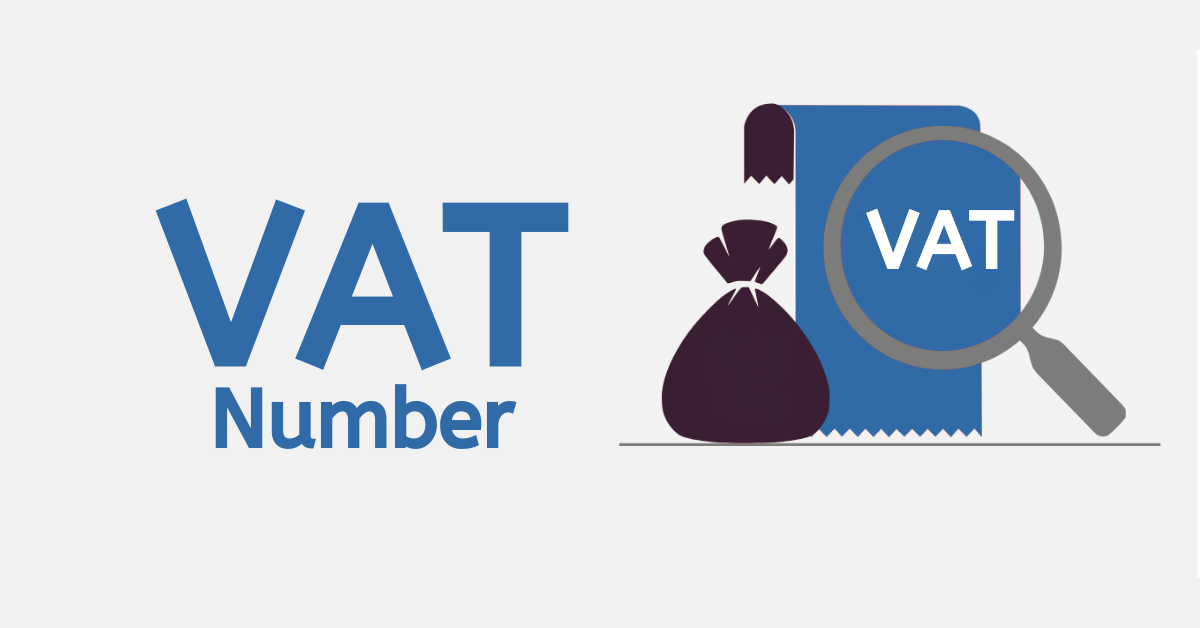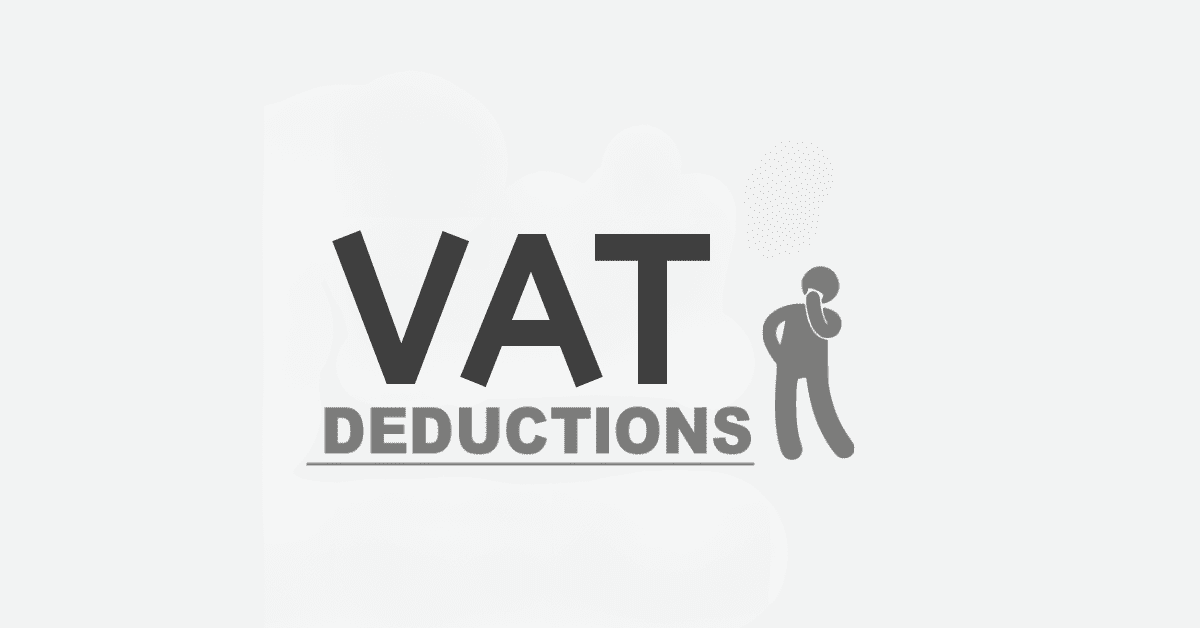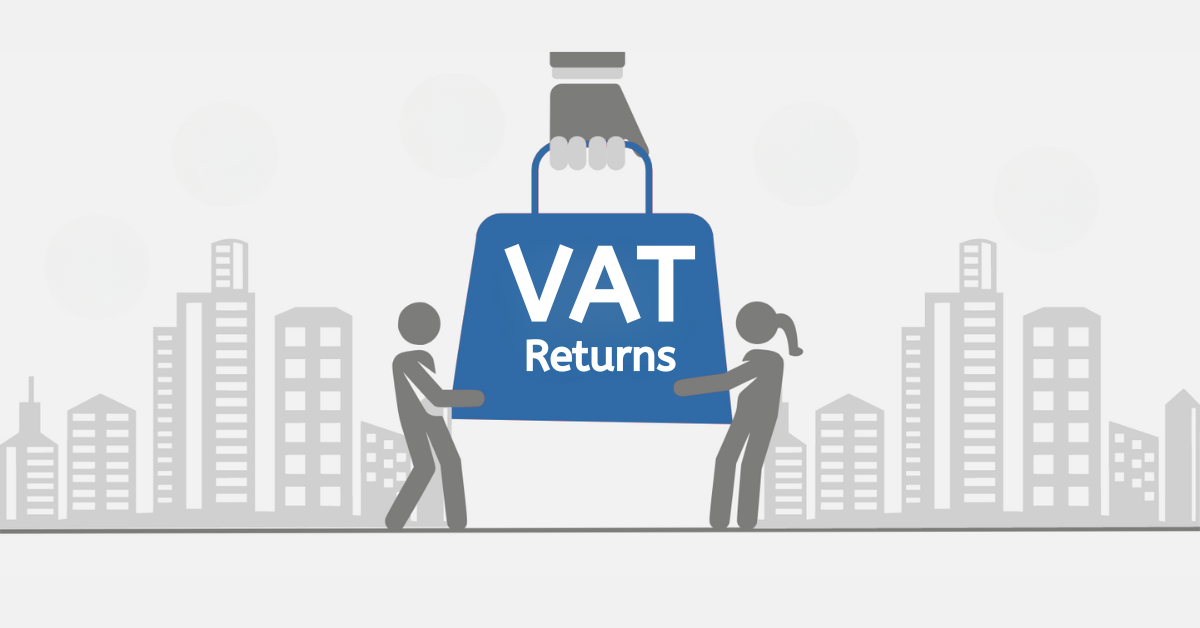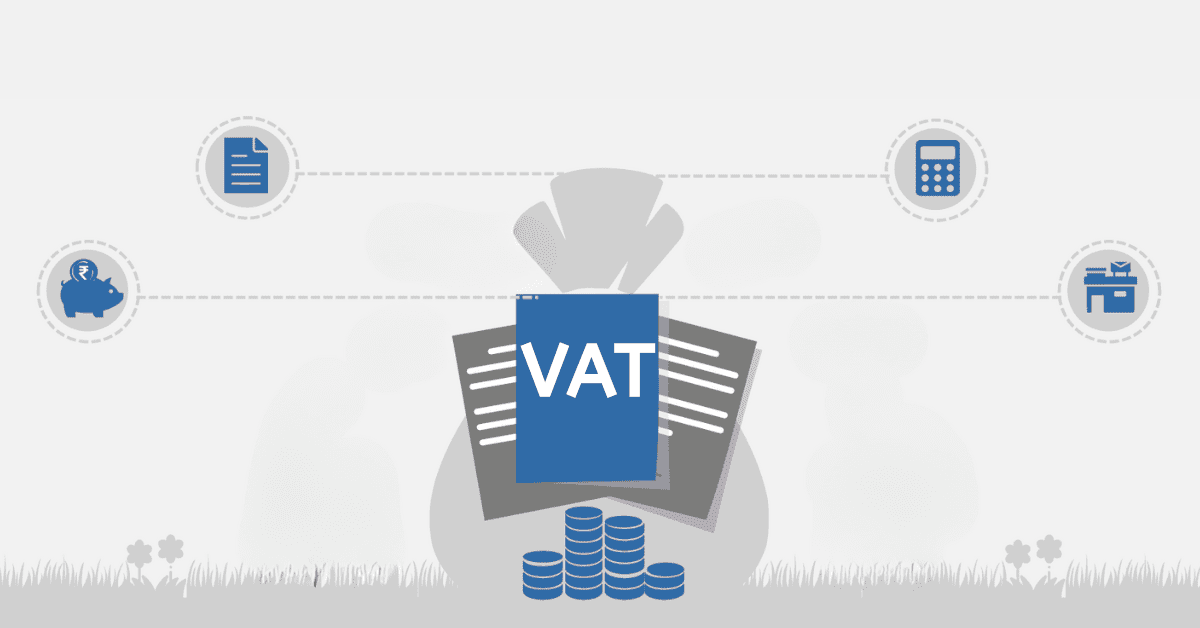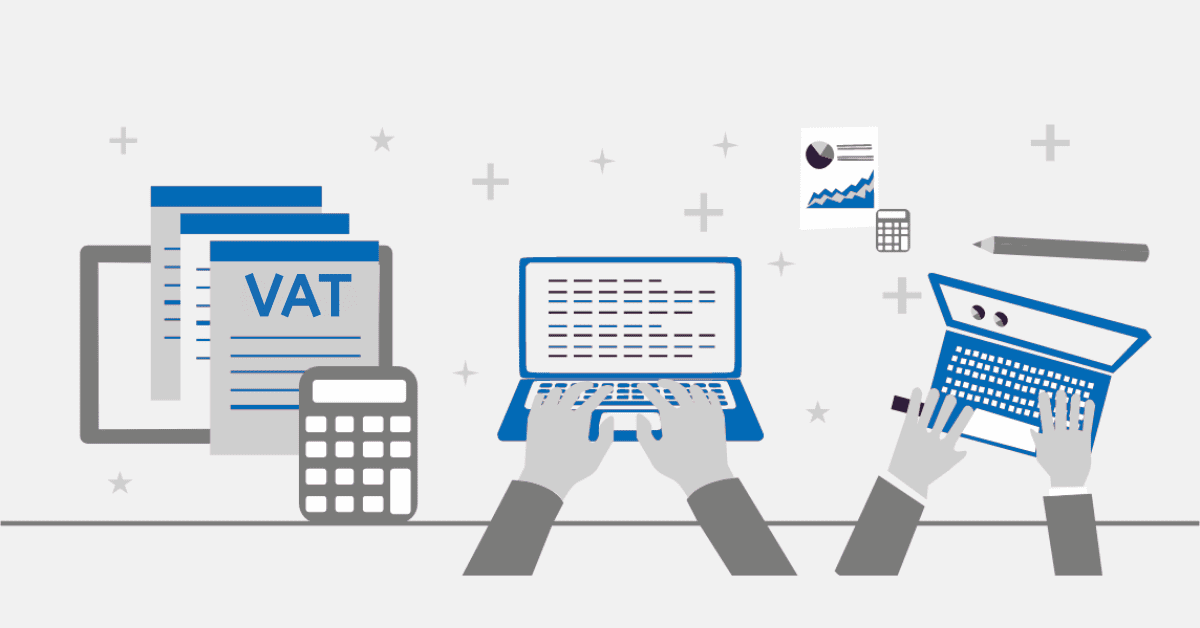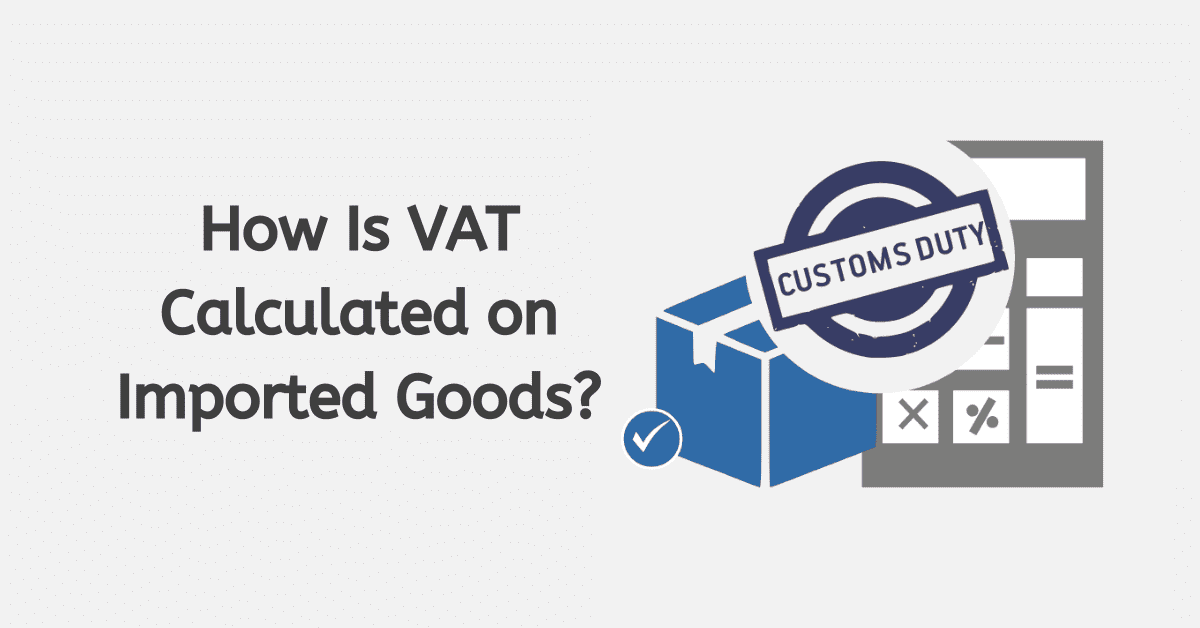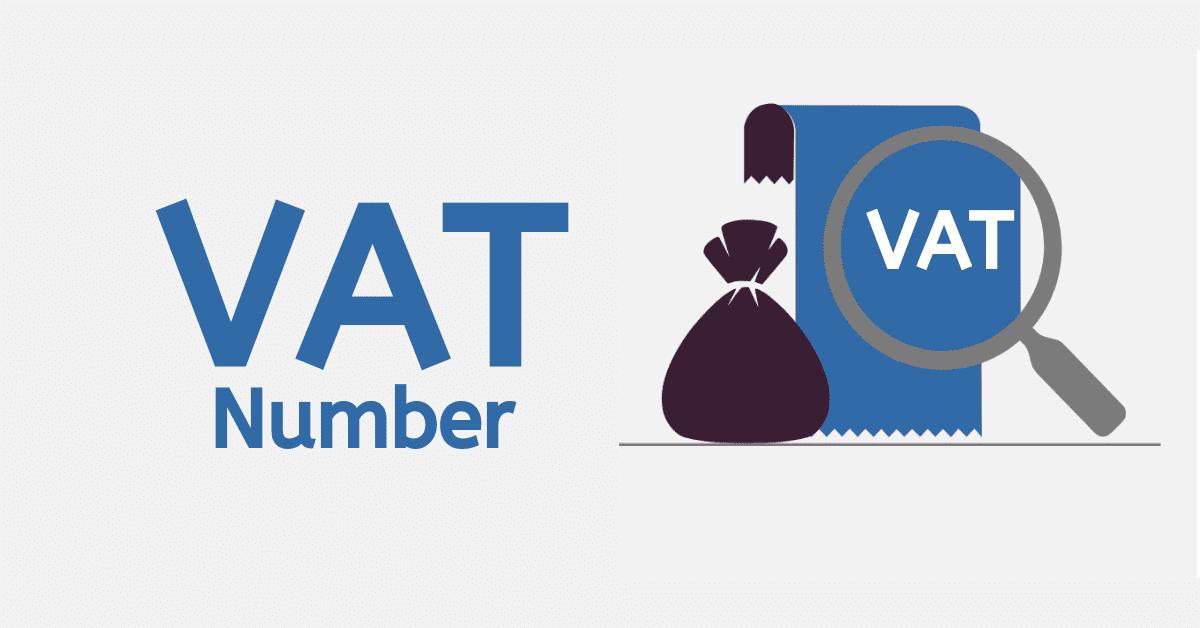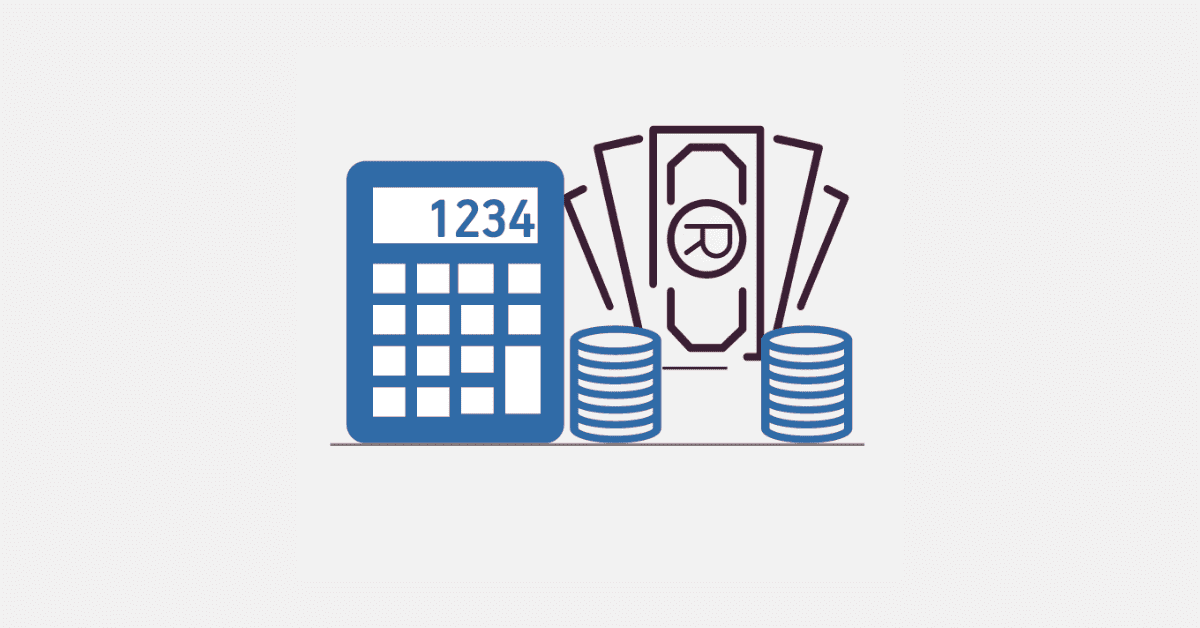The Value Added Tax system in South Africa is essential to the country’s tax framework. VAT is levied on the goods and services supplied by approved vendors. But one common question among business owners, especially sole proprietors, is whether they can register for VAT in South Africa. This comprehensive guide will address this question and provide insights into VAT registration
Can a South African Sole Proprietor Register for VAT?
Like other business entities in South Africa, sole proprietors can register for VAT. VAT registration becomes mandatory when the value of taxable supplies made or to be made by a business exceeds R1 million in any consecutive twelve-month period. In practical terms, once a sole entrepreneur’s business hits or is anticipated to hit this limit, they must enroll for VAT. The enrollment process commonly includes presenting an application to the South African Revenue Service and fulfilling specific criteria, including maintaining financial records and adhering to tax rules.
VAT registration offers several advantages for businesses, including the ability to claim VAT input tax credits and recover VAT paid on business expenses. This can help improve cash flow and reduce the overall tax burden on the business.
Does a Sole Proprietor Need a VAT Number?
A sole proprietor engaged in business activities that trigger the VAT registration threshold is required to obtain a VAT number. This number is essential for conducting VAT-related transactions, including issuing tax invoices and submitting VAT returns to SARS.
A VAT number is a unique identifier for the business and is used for tracking and managing VAT obligations. It must be prominently displayed on tax invoices and other relevant documents when supplying goods or services subject to VAT.
How is a Sole Proprietor Taxed in South Africa?
Sole proprietors in South Africa are taxed differently from individuals. While a solo entrepreneur’s business earnings usually dodge standalone taxes, the solo captain of this ship bears the weight of taxation on those business profits. As a result, the riches amassed by the enterprise become synonymous with the personal income of this one-person show. The personal tax return of the sole proprietor must encompass the business income.
Sole proprietors are required to register as provisional taxpayers and make estimated tax payments to SARS bi-annually. These proprietors must maintain accurate financial records and ensure compliance with tax regulations to meet their tax obligations effectively.
Can a Sole Proprietor Individual Register as a VAT Vendor?
As a solo entrepreneur, you hold the power to personally don the VAT cape. This means the VAT registration wears your name as the solo entrepreneur, and you take center stage in shouldering the VAT responsibilities of your business. The procedure for individual VAT registration mirrors that of other VAT vendors, entailing the submission of requisite documentation and information to SARS.
It is crucial to understand that individual VAT registration for sole proprietors is not a distinct category but a means for sole proprietors to fulfill their VAT obligations within the scope of their business activities. Individual VAT registration empowers you to levy VAT on your taxable supplies, assert input tax credits, and adhere to VAT regulations.
Who Can Register for VAT in South Africa?
In addition to sole proprietors, various entities and individuals can register for VAT in South Africa. These include:
- Companies: Companies that meet the VAT registration threshold must register for VAT.
- Partnerships: Registered partnerships can also register for VAT if they meet the threshold requirements.
- Trusts: Trusts registered for income tax and meeting the VAT registration threshold can register for VAT.
- Foreign enterprises: Businesses operating outside South Africa yet engaged in taxable transactions within the country might need to undergo VAT registration.
- Overseas providers of digital services: Suppliers rendering electronic services to South African clientele might have to pursue VAT registration, irrespective of their physical location.
- Local governmental bodies and institutions: Specific entities and municipal bodies might need to undertake VAT registration in certain predefined situations.
Can You Claim VAT as a Sole Trader?
As a sole trader, you can claim input tax credits on VAT for business expenses. This implies you can balance the VAT you’ve paid on business-related goods and services against the VAT you accumulate from your taxable supplies. Availing input tax credits is vital to your VAT registration, reducing your overall business VAT responsibility.
Maintaining precise records of your business expenditures and ensuring their relevance to your taxable supplies is crucial for successfully claiming input tax credits. This documentation is crucial for demonstrating your eligibility for input tax credits and complying with VAT regulations.
Final Thoughts
In summary, sole proprietors in South Africa can register for VAT if their business’s taxable supplies exceed the specified threshold. Once registered, they must obtain a VAT number and fulfill their VAT obligations, including charging VAT on taxable supplies and claiming input tax credits. Sole proprietors have the option for individual VAT registration, enabling them to handle their VAT obligations within the scope of their business operations. Sole proprietors should prioritize precise record-keeping and adhere to tax regulations to fulfill their tax responsibilities effectively.
